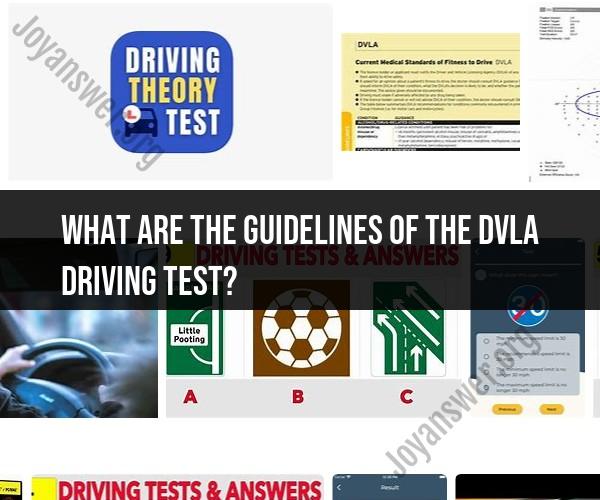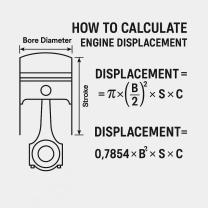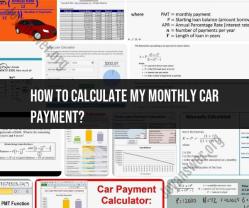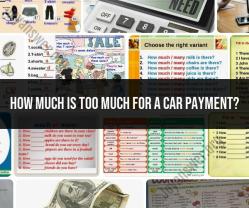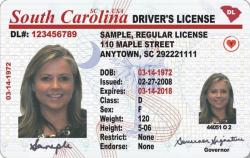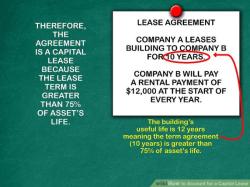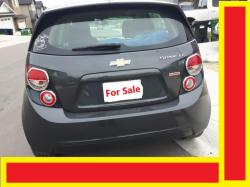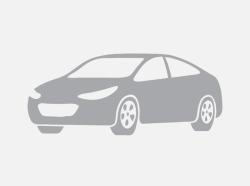What are the guidelines of the DVLA driving test?
The DVLA (Driver and Vehicle Licensing Agency) is responsible for issuing driving licenses in the United Kingdom. However, the actual driving test is conducted by the DVSA (Driver and Vehicle Standards Agency). To prepare for and succeed in the DVSA driving test, you should follow their guidelines, which can be summarized as follows:
Provisional Driving License: Before taking your driving test, you must have a valid provisional driving license.
Theory Test: You are required to pass a theory test before taking the practical driving test. The theory test assesses your knowledge of the Highway Code, road signs, and hazard perception.
Booking Your Test: You can book your practical driving test online through the official DVSA website or by phone.
Driving Instructor: It's advisable to take lessons with a qualified driving instructor who can prepare you for the test and teach you safe driving techniques.
Vehicle Requirements: You should ensure that the vehicle you use for the test is roadworthy, properly insured, and has a valid MOT (Ministry of Transport) certificate if it is over three years old.
Show Me, Tell Me Questions: During the test, the examiner will ask you "show me, tell me" questions about vehicle safety. These questions assess your knowledge of basic vehicle maintenance.
Test Routes: Familiarize yourself with the typical test routes in your area. Your instructor can help you practice on these routes.
Test Duration: The practical driving test typically lasts around 40 minutes and includes various road and traffic situations.
Assessment Criteria: You will be assessed on your ability to drive safely and confidently in different road conditions, follow road signs and markings, and perform specific maneuvers such as parallel parking, three-point turns, and reversing around a corner.
Independent Driving: During the test, you will be asked to follow road signs or a series of verbal directions to assess your ability to drive independently.
Eyesight Test: You will be required to read a number plate from a distance. Failing this test will result in an automatic failure of the entire test.
Safety Checks: Always perform safety checks like checking your mirrors, using indicators, and making proper observations before changing lanes or turning.
Confidence and Calmness: Stay calm and confident during the test. Avoid overthinking or panicking if you make a minor mistake. Continue to drive safely.
Feedback: At the end of the test, the examiner will provide feedback on your performance, including any faults you may have made. Pay attention to this feedback as it can help you improve.
Pass or Fail: You will either pass or fail the test based on your overall performance. You are allowed to make a certain number of minor driving faults, but serious or dangerous faults will result in a failure.
Pass Certificate: If you pass the test, you will receive a pass certificate, and you can apply for your full driving license.
Retaking the Test: If you fail the test, you can rebook and retake it after a waiting period. Use the feedback from your previous test to improve your skills.
It's essential to review the most up-to-date guidelines and information on the official DVSA website, as rules and requirements may change over time. Additionally, consider taking practice lessons with a qualified instructor to increase your chances of passing the driving test successfully.
What to Expect During the DVLA Driving Test
The DVLA driving test is a practical driving test that assesses your ability to drive safely and independently. The test will last for approximately 40 minutes and will consist of the following elements:
- Introduction: The examiner will introduce themselves and explain the test procedure. They will also ask you to perform a few safety checks on the car, such as checking the mirrors and signals.
- Driving: You will be asked to drive around the test area for approximately 20 minutes. The examiner will assess your ability to drive safely and competently in a variety of traffic conditions.
- Manoeuvres: You will be asked to perform two manoeuvres, such as parallel parking or reversing around a corner.
- Independent driving: You will be asked to drive independently for approximately 10 minutes. The examiner will give you directions to follow, but you will be responsible for choosing the route.
Categories and Scoring Criteria for the Practical Driving Test
The practical driving test is scored in two categories:
- Serious faults: These are faults that make your driving dangerous. If you commit a serious fault, you will fail the test immediately.
- Minor faults: These are faults that do not make your driving dangerous, but they show that you need more practice. If you commit more than 15 minor faults, you will fail the test.
Tips for Passing the DVLA Driving Test
Here are some tips for passing the DVLA driving test:
- Take plenty of driving lessons: The more practice you have, the better your chances of passing the test.
- Be aware of the test requirements: Make sure you know what the examiner will be looking for during the test. You can find information about the test requirements on the DVLA website.
- Stay calm and focused: It is important to stay calm and focused during the test. Try not to let your nerves get the better of you.
- Be observant: Pay attention to your surroundings and be prepared to react to changes in traffic conditions.
- Be safe: The most important thing is to drive safely. Follow the rules of the road and be mindful of other drivers and pedestrians.
Here are some additional tips that may help you pass the DVLA driving test:
- Practice the manoeuvres: The manoeuvres are one of the most difficult parts of the test, so make sure you practice them regularly.
- Get feedback from your instructor: Ask your driving instructor for feedback on your driving. They can help you identify any areas where you need to improve.
- Mock tests: Take a few mock tests to get used to the format of the real test and to practice your driving skills under pressure.
- Get a good night's sleep before the test: Make sure you are well-rested on the day of the test. This will help you to stay focused and alert.
